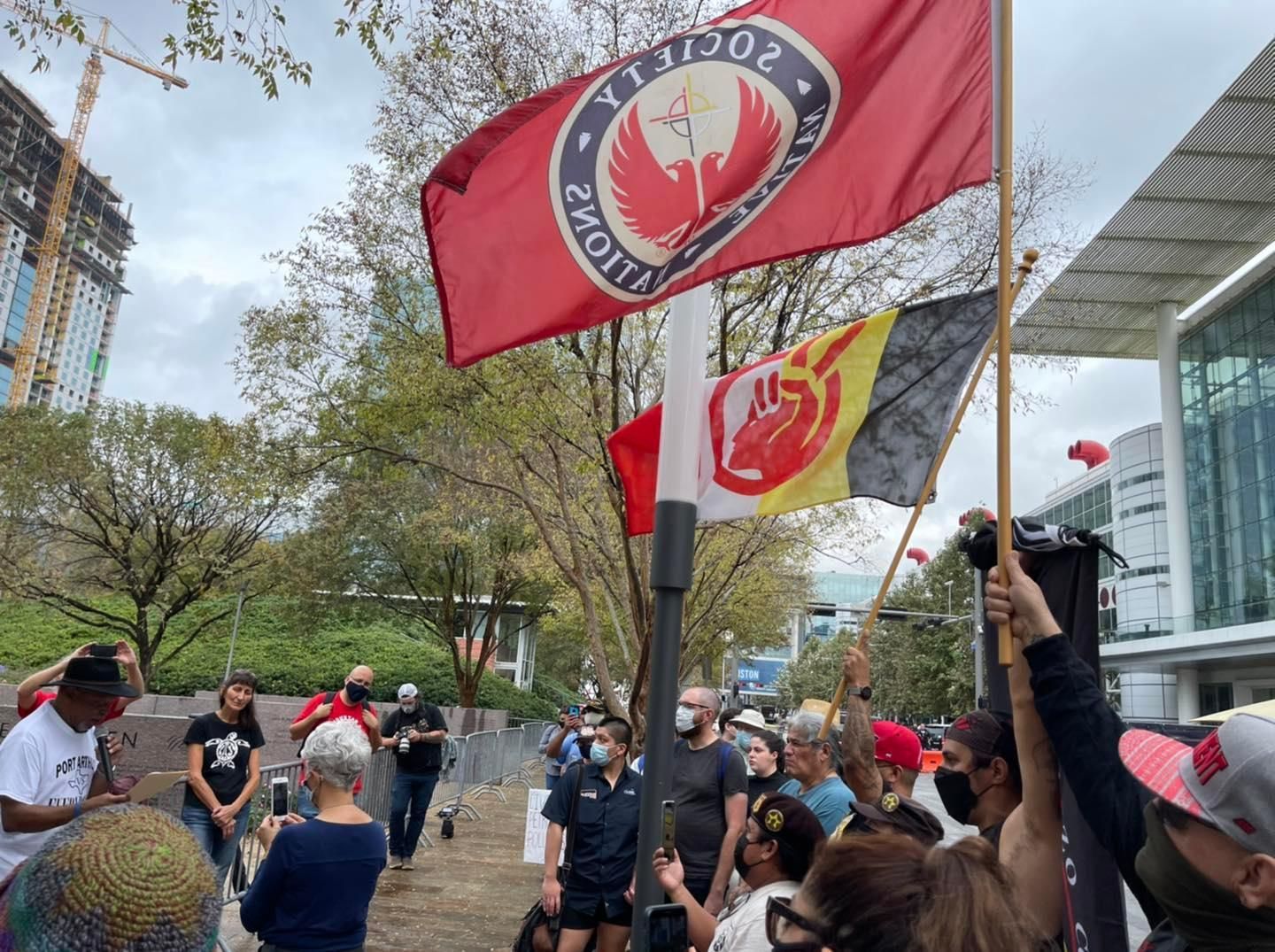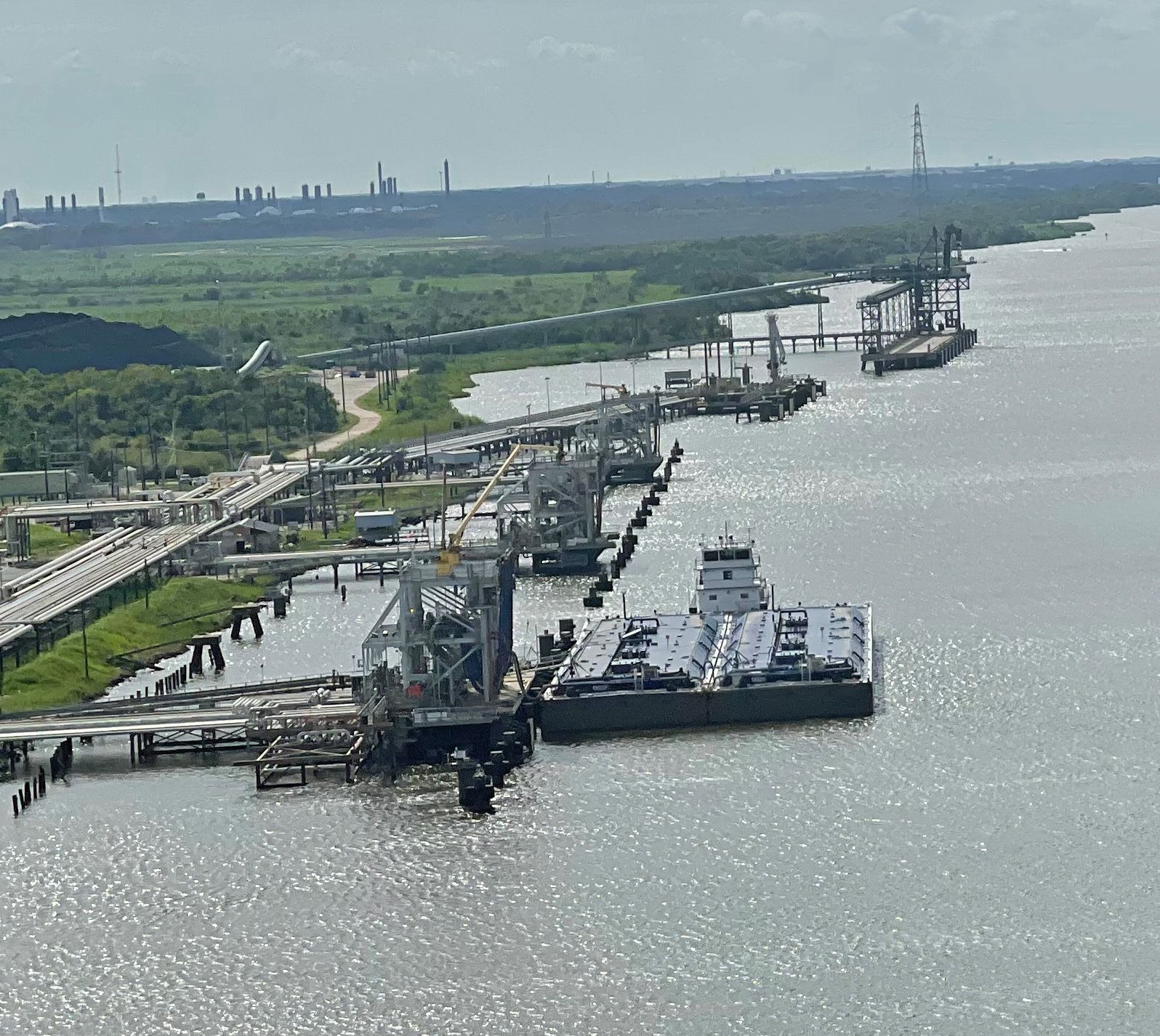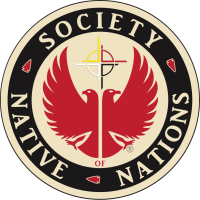Pipelines to Plastic Project
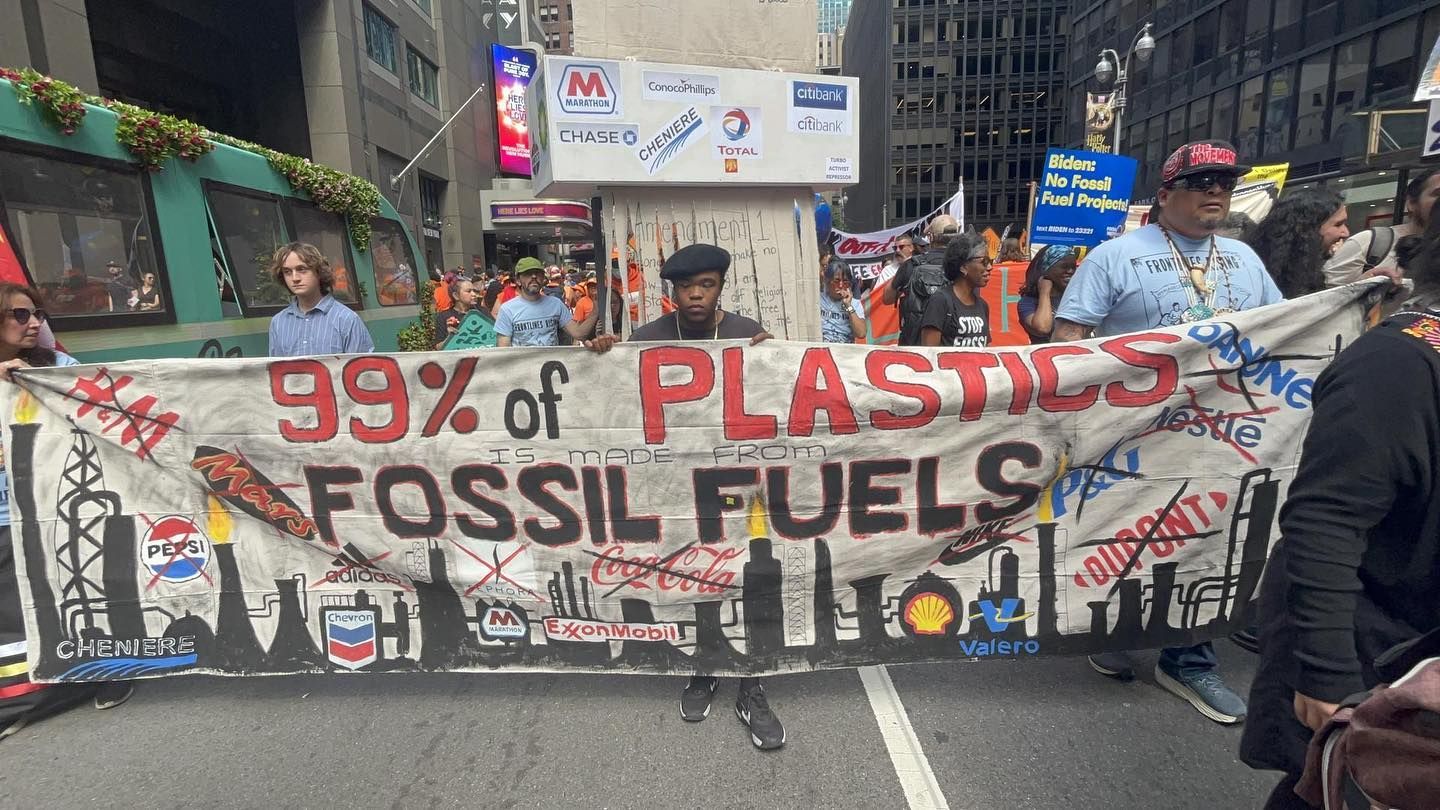
Sacred Water and Land: Youth Education and Empowerment
Texas communities have been bearing the brunt of the expansion of the fossil fuel and petrochemical industry for generations from the Permian Basin to the Gulf of Texas. Since 2016, we've been fighting the growth of pipelines, refineries, and plastic production facilities that release toxic pollution into our air, water, and land. This pollution harms marine life, wildlife, and human life in our communities, which have been deemed sacrifice zones by industry and our government.
Our stories are those of families living in the shadow of refineries, fishermen witnessing the decline of marine life, and children struggling with respiratory illnesses linked to air pollution. We document these lived experiences and connect them to the broader climate crisis. We challenge the industry's narrative of 'progress' and 'jobs' by highlighting the hidden costs borne by our communities. We advocate for a just transition, prioritizing human health, livelihoods, and environmental protection safeguards.
Our organization uses legal and policy tools to hold the fossil fuel and petrochemical industry accountable for its environmental, social, and human health impacts. We scrutinize permits for new projects, challenge environmental impact assessments, and advocate for stricter regulations on emissions and pollution. We work to address fossil fuels, petrochemicals, extraction, LNG, exports, pipelines, greenwashing, and false solutions like desalination, carbon capture, recycling, chemical recycling, and hydrogen that only perpetuate the demand and use of fossil fuels contributing to the climate crisis.
We are helping to bring more attention to these issues by documenting and creating media content that brings awareness to the issues and lets the community know how to get involved and address the problems in the under-represented and under-resourced Indigenous, Brown, and Black frontline, fenceline communities.
We also hold community workshops and programs to help families reduce/replace the use of plastic bags, straws, and most consumer plastic products with other options. We want to help bring more education about replacing plastic products in people's daily lives by teaching and providing alternative options and lifestyles through Indigenous Knowledge. One analysis predicts that by 2050, the plastic waste in the oceans will outweigh the fish, which will change our way of life forever, and this is why we believe there is no time to waste addressing the plastic epidemic.
Petrochemical Accountability & Just Transition Project
From the Permian Basin to the Texas Gulf, our communities have carried the burden of fossil fuel and petrochemical expansion for generations. Since 2016, we’ve organized to stop harmful pipelines, refineries, LNG terminals, and plastics facilities that poison our air, water, land, and bodies—turning neighborhoods into so-called “sacrifice zones.” We refuse that label.
Why This Work Matters
Our stories are living evidence: families in the shadow of refineries, fishermen witnessing collapsing marine life, and children struggling with pollution-driven respiratory illness. We connect these lived experiences to the broader climate crisis and challenge industry spin about “progress” and “jobs” by exposing the hidden costs borne by Indigenous, Brown, and Black frontline and fenceline communities.
What We Do
Legal & Policy Accountability
- Scrutinize air, water, and construction permits—and file challenges when standards and safeguards fall short.
- Intervene in environmental impact assessments and demand cumulative-impact reviews.
- Advocate for stronger emissions limits, monitoring, and enforcement.
- Track and oppose false solutions—desalination, carbon capture, “advanced”/chemical recycling, hydrogen-for-fossils—that lock in pollution and expand extraction.
Community Evidence & Science
- Train residents to document pollution, odors, flares, spills, and health impacts.
- Conduct community mapping and participatory research to show cumulative harm.
- Build public records that strengthen legal cases and drive policy change.
Media, Storytelling & Public Education
- Produce videos, photo essays, and reports that amplify community voices and shift public narratives.
- Host press briefings, town halls, and story circles that put residents first.
- Provide tools for rapid response after spills, flares, or permit actions.
Zero-Waste & Plastics Reduction
- Run workshops that help families reduce and replace single-use plastics (bags, straws, takeout, packaging).
- Share Indigenous Knowledge for reusable, repairable, and non-toxic alternatives.
- Support local campaigns to cut plastic at the source—not just manage the waste.
Just Transition & Community Resilience
- Promote policies that prioritize health, livelihoods, and environmental protection.
- Advocate for worker protections, retraining, and community-led economic diversification.
- Elevate solutions designed with frontline communities—not imposed on them.
Our Principles
Rights-based. Indigenous-led. Community-rooted. Science-informed. Health-first. Zero-waste.
Where We Work
- Permian Basin: extraction, gathering systems, and pipeline buildout
- Gulf Coast / Coastal Bend / Ship Channel: refineries, petrochemical complexes, plastics manufacturing, LNG export, and desalination proposals
How You Can Help
- Volunteer: monitoring, outreach, research, translation, videography/photography
- Partner: community orgs, Tribes, faith groups, health professionals, educators
- Donate: power legal challenges, community science, and zero-waste programs
- Report a Concern: odors, flares, spills, or unusual health clusters in your area
We are working so that no child’s health is traded for profit, no river is treated as a waste stream, and no community is written off as a sacrifice zone.
Short term Goals:
- File and support public comments, permit challenges, and administrative complaints on high-risk pipelines, LNG, refineries, and plastics facilities.
- Stand up a rapid-response network (hotline + text alerts) for spills, flares, odors, fish/wildlife kills, and community health concerns.
- Train residents as air/water monitors; distribute low-cost kits and host quarterly data-sharing sessions.
- Publish quarterly “Pollution Watch” briefings documenting violations, health risks, and enforcement gaps.
- Run zero-waste workshops helping households replace common single-use plastics with safe, reusable alternatives.
- Formalize partnerships (MOUs) with Tribes, clinics, universities, and legal allies to expand capacity.
Policy & Law — Local → National → International (UN/OHCHR)
- Local/State: Push buffer-zone and cumulative-impact ordinances; challenge weak permits; file open-records requests; win city/county resolutions against new plastics and desal projects.
- National (U.S.): Submit Title VI civil rights complaints; petition EPA for stronger emission and fenceline-monitoring standards; brief members of Congress; intervene in federal rulemakings.
International (UN/OHCHR):
- Submit communications and urgent appeals to OHCHR Special Procedures (e.g., toxics, environment, Indigenous Peoples, cultural rights).
- Provide shadow reports to treaty bodies (e.g., CERD early warning/urgent action) and contribute to the Universal Periodic Review (UPR) for the U.S.
- Engage in UNEP/UN processes (Global Plastics Treaty, chemicals/waste panels, UNEA) to uphold UNDRIP—including self-determination (Art. 3), participation (Art. 18), and FPIC (Art. 19)—and advocate formal Indigenous participation mechanisms.
Long term Goals:
- Secure binding protections: cumulative-impact review requirements, school/hospital buffer zones, continuous fenceline monitoring, and stronger enforcement.
- Block or materially constrain multiple petrochemical/LNG/plastics expansions that threaten air, water, and health.
- Establish a regional community science network with a public data portal for air/water quality and incident reports.
- Advance a just transition: worker protections and retraining, community-owned clean energy/remediation, and diversified, non-extractive local economies.
- Achieve source reduction of single-use plastics via procurement reforms, retailer commitments, and local ordinances.
- Create a permanent Frontline Resource Center (training space, monitoring lab, mutual-aid supplies) serving Permian–Gulf communities.
Policy & Law — Local → National → International (UN/OHCHR)
- Local/State: Institutionalize EJ screening in permitting; adopt local UNDRIP-aligned engagement policies with FPIC protocols; require cumulative-impact analyses for all major projects.
- National (U.S.): Win precedent-setting decisions and stronger federal standards on emissions, monitoring, and plastics source reduction; secure sustained federal funding for community-led resilience and just transition.
- International (UN/OHCHR):
- Influence final Global Plastics Treaty text to include Indigenous Peoples’ rights, FPIC, and just transition.
- Regularly contribute to OHCHR mechanisms (Special Rapporteurs, treaty bodies, UPR) and publish annual rights-based assessments on petrochemical harms.
- Help establish/strengthen Indigenous advisory mechanisms within relevant UN environmental fora to ensure full and effective participation.
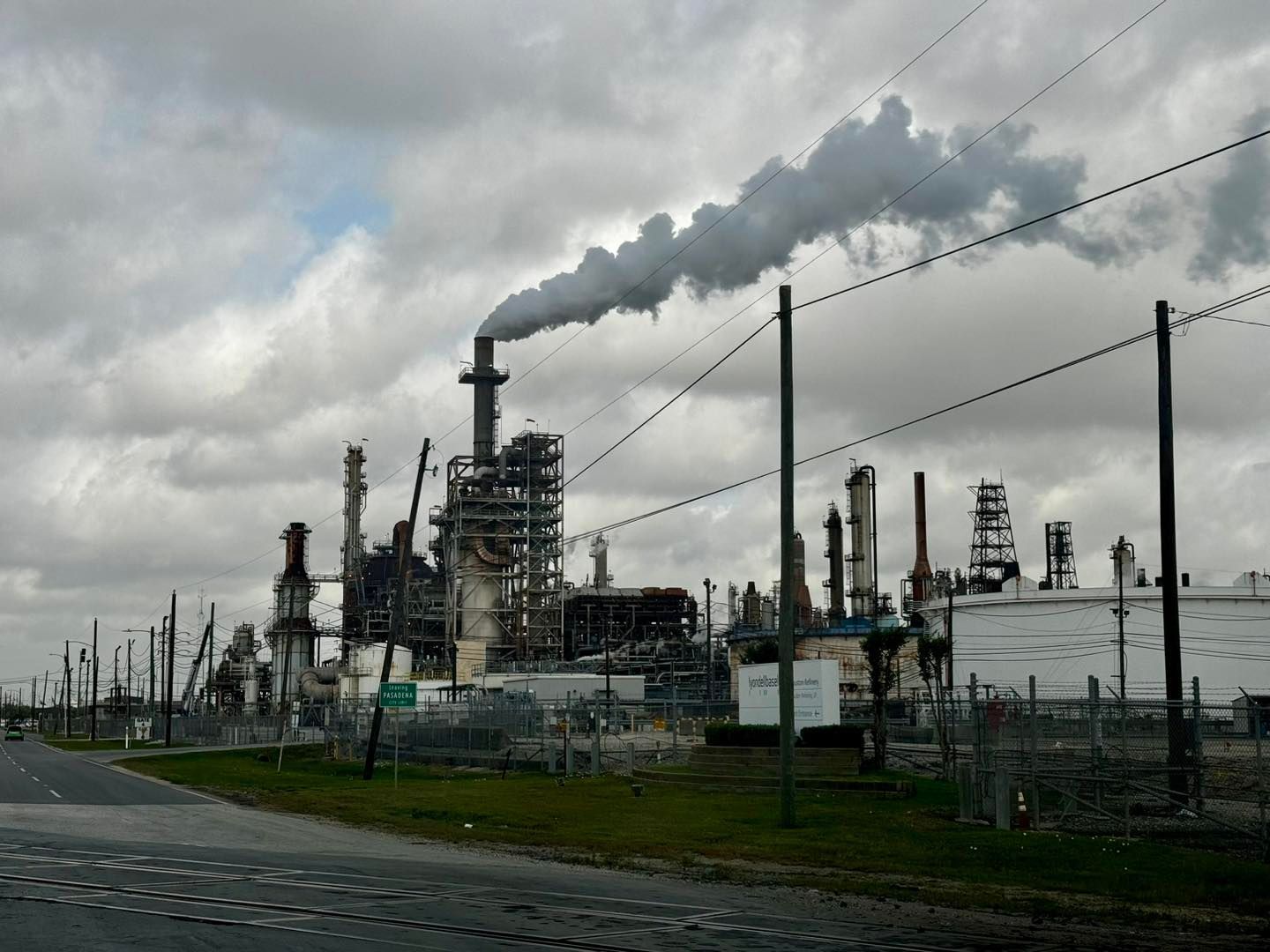
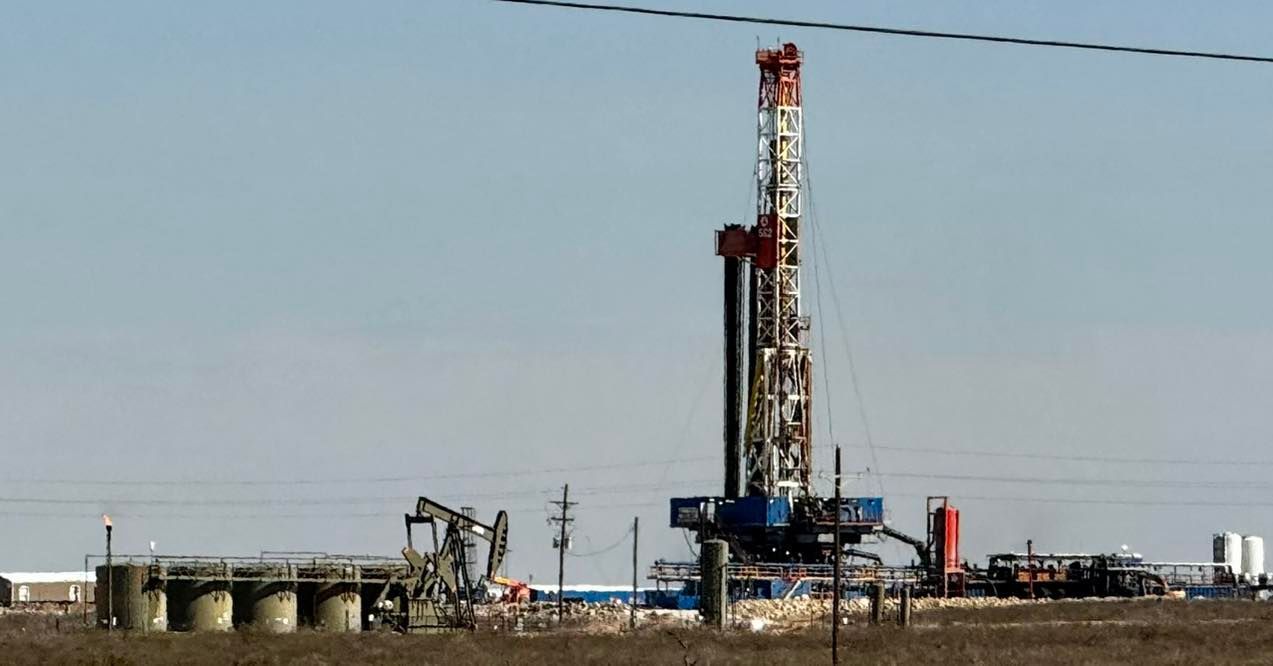
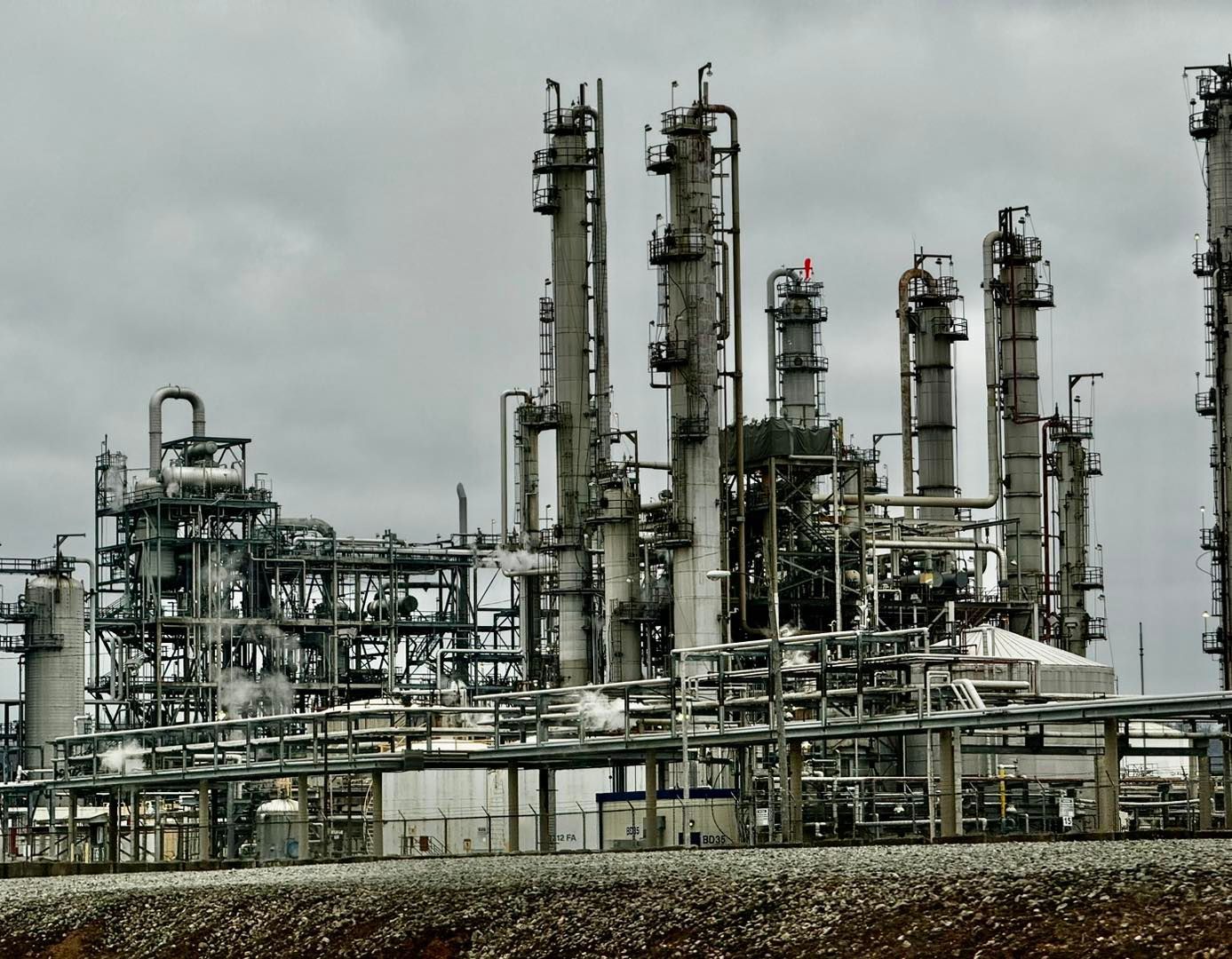
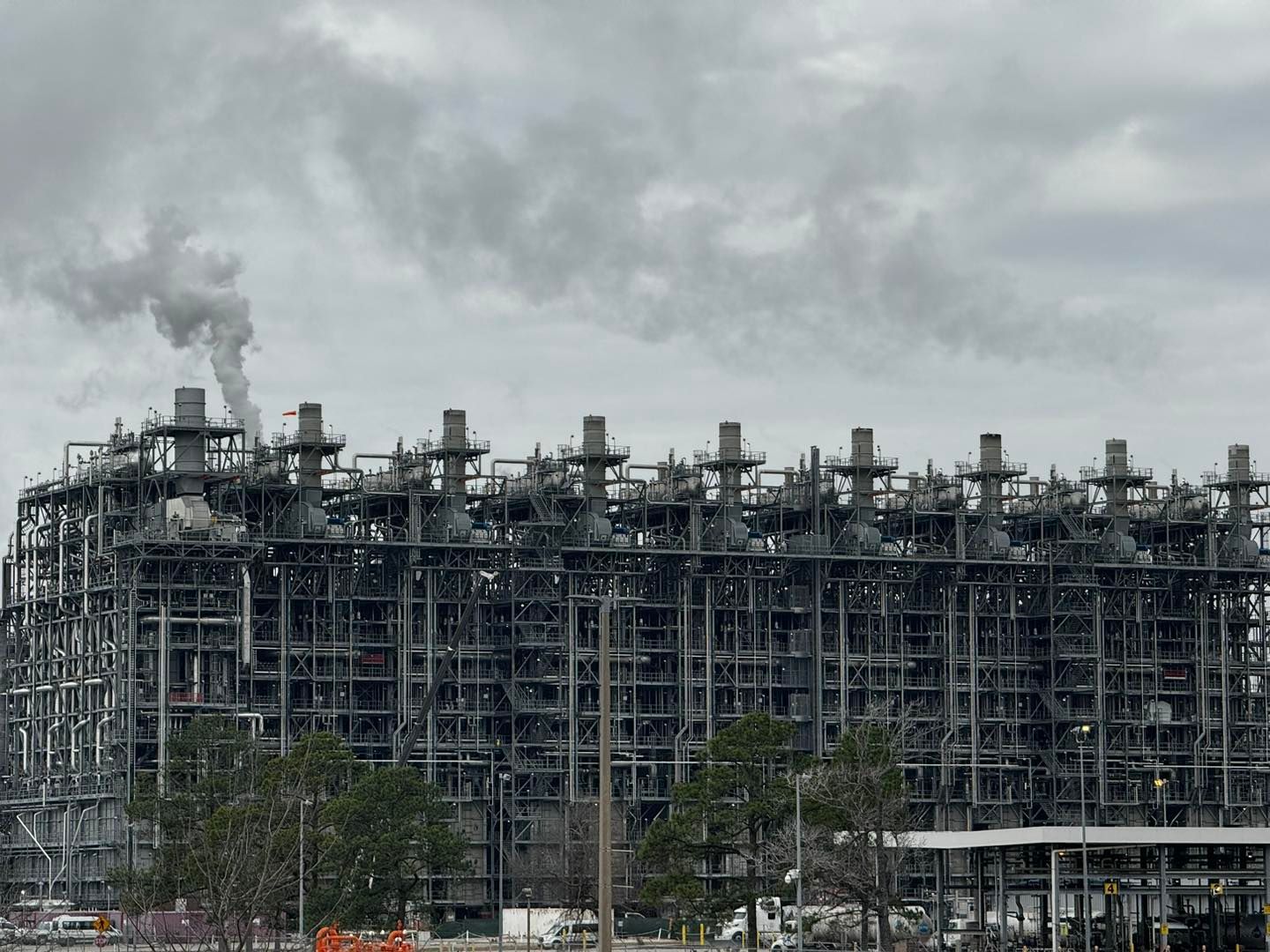
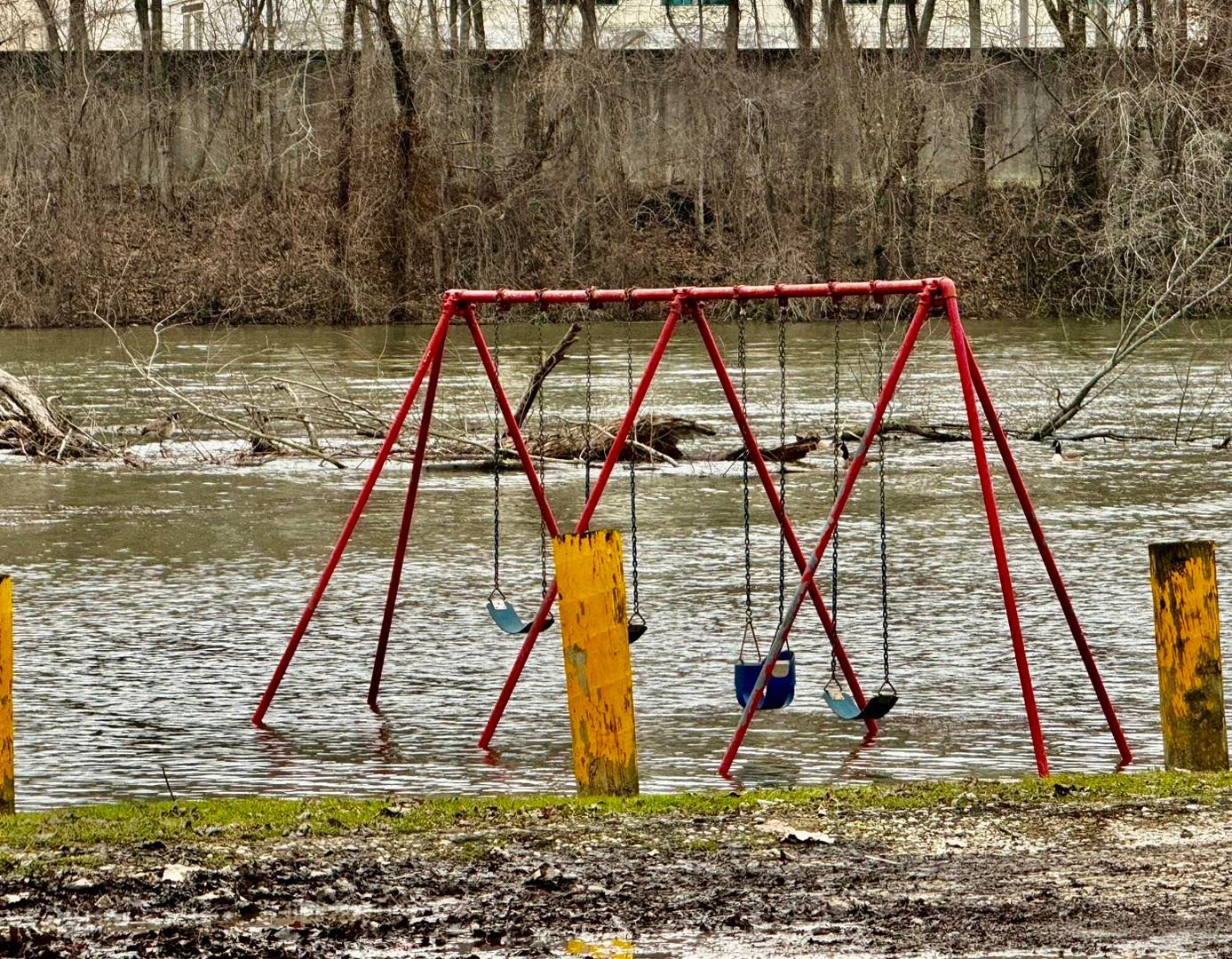
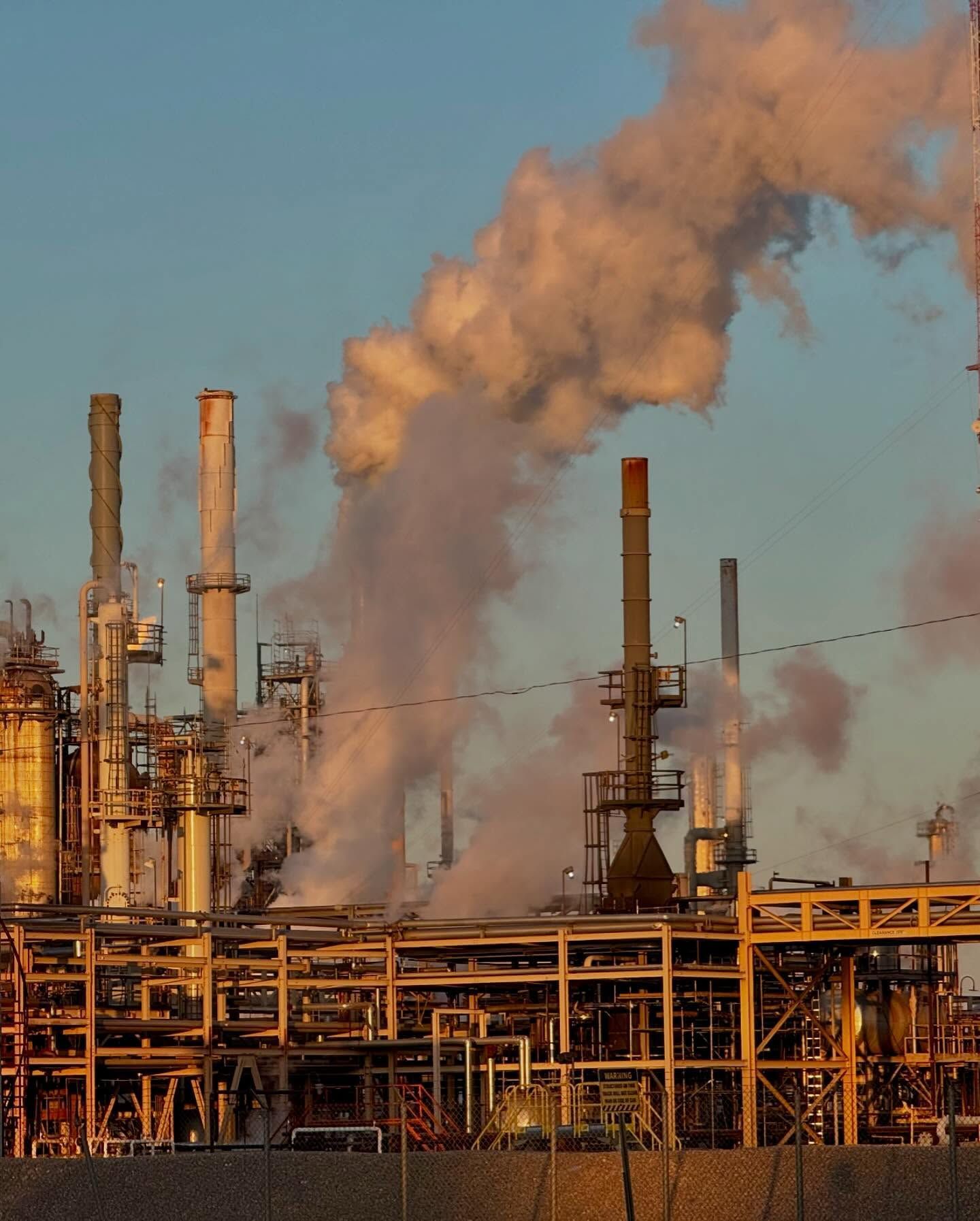
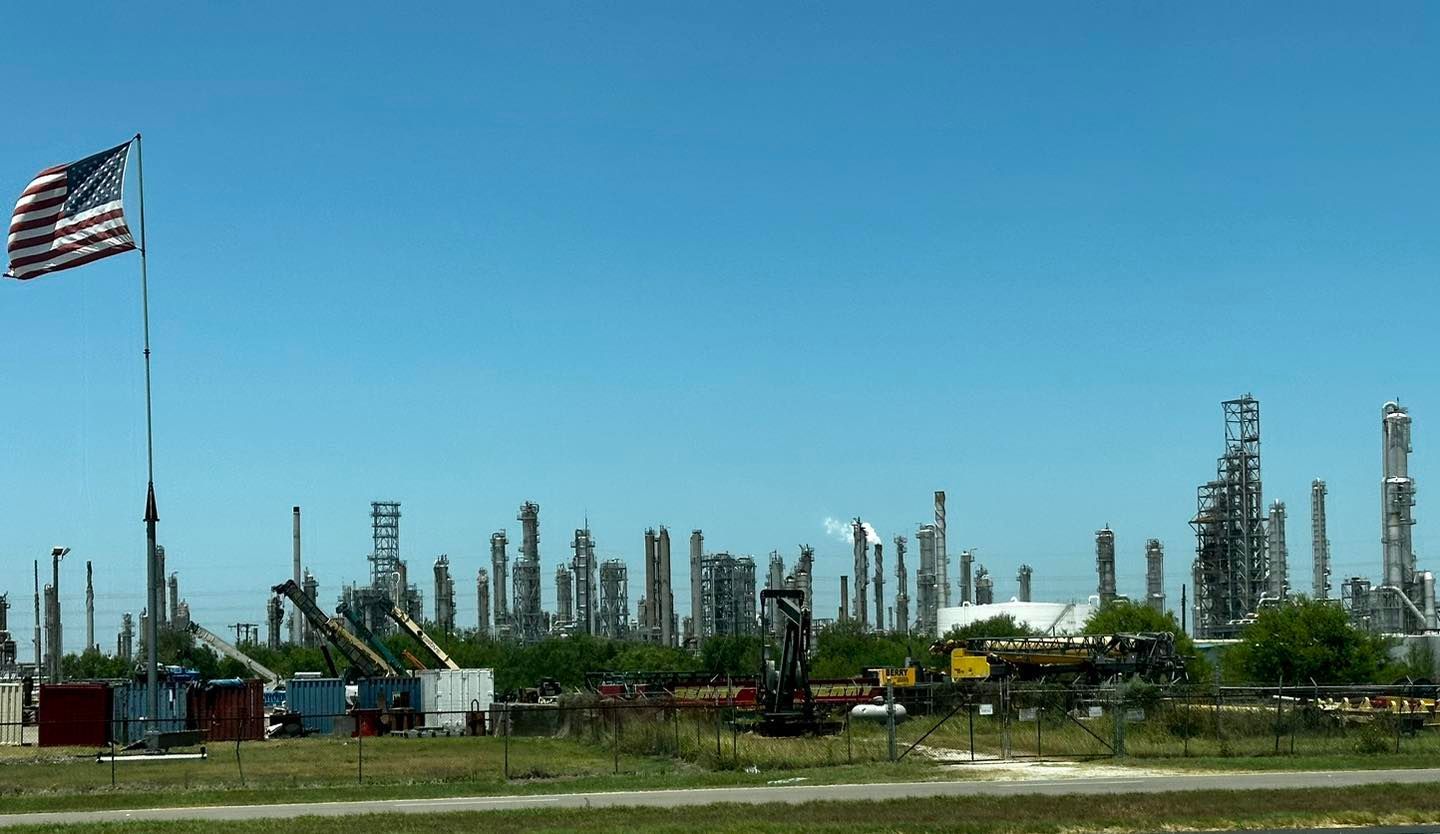
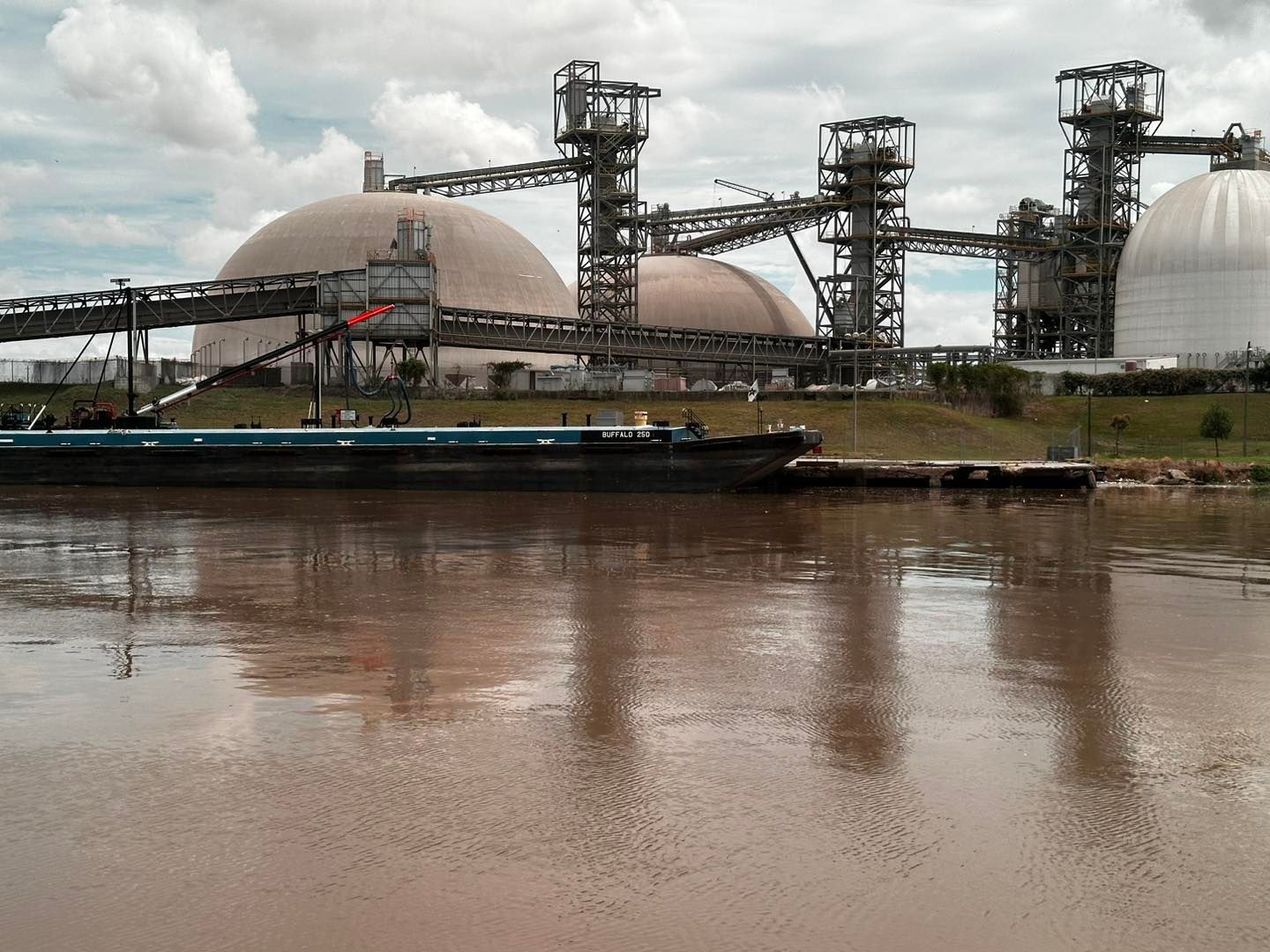
We seek support from private donors, grants, and fundraising events to sustain and expand programs like this for youth in our communities. Every contribution is deeply appreciated and helps us continue offering culturally grounded, community-driven opportunities for the next generation.
If you have any questions about the program, please call us or send an email to our Programs Department at programs@societyofnativenations.org
DONATE TO our programs
Your Gift Helps Sustain Our Work
Please donate secure via PayPal by credit card, check, or with your own PayPal account, you do not need a PayPal account to donate. All donations are very appreciated and all donations are used to help us facilitate our actions and programs.
You can also send a check made out to:
Society of Native Nations
10730 Potranco Road Suite 122-282
San Antonio, TX 78251
Phone: 210-468-8201
"Society of Native Nations" (SNN) is approved by the Internal Revenue Service as a 501 (C) (3) tax-exempt organization, and all donations are tax deductible to the extent provided by law.
Society of Native Nations - Federal IRS Tax Exemptions Identification Number # 81-0984252
